The discourse of the West, Arab Gulf states, Turkey, and the leader of the Syrian opposition is shifting towards favoring political dialogue. All concerned parties appear to share common fear over the rise of Salafists and Jihadists who are gaining ground inside Syria.
All indications, particularly judging from political declarations to representatives of the influencing players in the Syrian conflict, are pointing to a possible early halt or even a complete end to the war in favor of starting serious dialogue between the ruling regime and the Syrian opposition. This would be a very welcomed development in the interest of pragmatism, namely in light of the current stalemate and inability of any of the warring factions in bringing the destructive civil war to an end. Besides, it would help preserve the relative strength of the Syrian Army in the service of national defense as the belligerent Israel continues to arm itself to the teeth with very advanced smart weaponry.
Political Dialogue
The West, Turkey, the Arab Gulf states, and some leading figures in the Syrian opposition, namely Mou'az El-Khatib, head of the Syrian Opposition Coalition, are all calling for political dialogue in order to reach a peaceful solution to the conflict. All parties appear to now be calling for an end to the ongoing destructive armed struggle, and for all warring factions to engage in serious talks to introduce meaningful political reforms in Syria.
This comes on the heels of President Bashar Al-Assad’s call in his last speech, and the Arab Gulf states and the West's increasing concerns over the incredible rise of Salafists (extreme Muslim fundamentalists) in the Middle East and North Africa.
A meeting in Munich on Saturday — involving the US vice-president, the Russian foreign minister, UN-Arab League Envoy to Syria Lakhdar Brahimi, and El-Khatib — was expected to bring the views of all parties closer together. The results of the talks in Munich, which are likely to be followed by other meetings in the foreseeable future, could prove both crucial and decisive as all influencing parties in the Syrian crisis begin to favor dialogue instead of military and financial support to the Syrian opposition.
Rise of Salafism in the Region
With a fragmented Syrian opposition, it is becoming clear to all concerned parties that Salafist, Jihadist, and extremist volunteers have been pouring into Syria from Iraq, Libya, and Tunisia to join the Syrian opposition in the armed struggle. The fear for the international community is that these groups will ultimately have the upper hand in controlling the fate of the Syrian Civil War, should the Assad regime finally tumble.
It finally dawned on the Arab Gulf states that the overpowering of the Syrian regime by Salafists would come back, in no time, to haunt them; threatening their own political stability and the future of their long dynastic rule in countries like Saudi Arabia. Therefore, it is no wonder, that Saudi Foreign Minister Saud El-Faysal, considered the architect of Riyadh's foreign policy, suddenly switched discourse of once calling for an arm struggle to topple the Syrian regime, to now calling for a peaceful solution through political dialogue.
Notably, the United Arab Emirates began an open and unabashed crackdown on suspected Muslim fundamentalists in their own country that recently culminated in the rounding up of 92 nationals suspected of being part of a Salafist movement, along with some Egyptian expatriates accused of affiliation to the Muslim Brotherhood.
With France currently engaged in an open war against Salafists in control of northern Mali, the West now appear to fully realize the potential danger that armed Salafist movements pose; much in the example of Al Qaeda, and groups in East Africa and the Middle East. France and the rest of Europe are quite concerned about the growth of Salafism, and the potential impact it could have upon the security of their own countries; especially given the proportion of Muslim immigrants residing across the continent. The great threat which Salafists are posing on the political stability of the new fledgling democracies in Tunisia, Libya, and Egypt is also becoming clearer.
The recent declaration by Prime Minister Recep Tayyip Erdogan, who called for an end to the Syrian crisis through dialogue, signifies a major departure as Turkey was previously committed to the forceful overthrow of the Syrian regime by the armed Syrian opposition. Turkey, a country that has seen its share of economic cost due to the Syrian war, is also adapting to the idea that the Assad regime will not easily disappear as was originally perceived; especially given the unwavering support the Syrian regime enjoys from Russia and Iran.
The recent declarations by the Jordanian Monarch addressing an audience at the World Economic Forum at Davos, along with similar declarations by Sayyed Hassan Nasrallah, head of the Hezbollah movement, reaffirm that it was wishful thinking that the Assad regime could easily vanish. Such declarations by regional leaders also give further strength to the argument that the international and regional powers are fast moving in order to find a peaceful solution to the Syrian Civil War.
Ending the war peacefully through dialogue between the warring factions is indeed a positive development in order to put a stop to wanton destruction of innocent human lives and the livelihood of the Syrian people. Indeed, this would also be a welcomed development to stop the depletion of strength and resources of a frontier Arab state which borders Israel.
The views expressed in this article are the author's own and do not necessarily reflect Fair Observer’s editorial policy.
Support Fair Observer
We rely on your support for our independence, diversity and quality.
For more than 10 years, Fair Observer has been free, fair and independent. No billionaire owns us, no advertisers control us. We are a reader-supported nonprofit. Unlike many other publications, we keep our content free for readers regardless of where they live or whether they can afford to pay. We have no paywalls and no ads.
In the post-truth era of fake news, echo chambers and filter bubbles, we publish a plurality of perspectives from around the world. Anyone can publish with us, but everyone goes through a rigorous editorial process. So, you get fact-checked, well-reasoned content instead of noise.
We publish 2,500+ voices from 90+ countries. We also conduct education and training programs
on subjects ranging from digital media and journalism to writing and critical thinking. This
doesn’t come cheap. Servers, editors, trainers and web developers cost
money.
Please consider supporting us on a regular basis as a recurring donor or a
sustaining member.
Will you support FO’s journalism?
We rely on your support for our independence, diversity and quality.



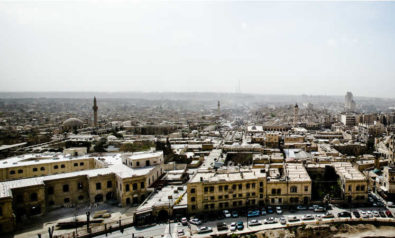
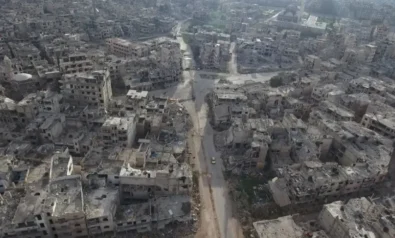
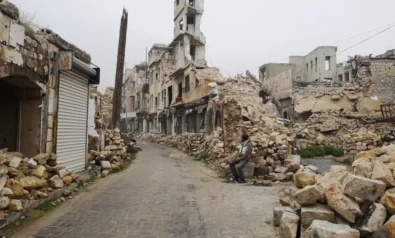

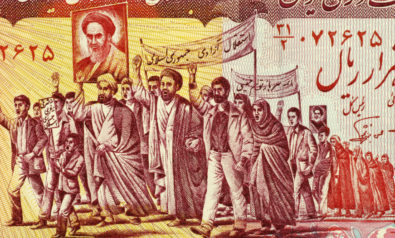

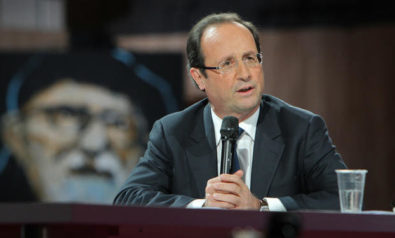
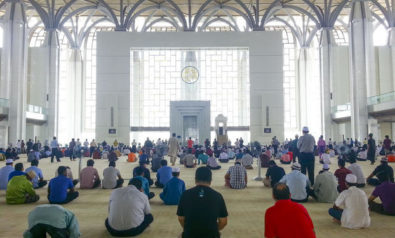
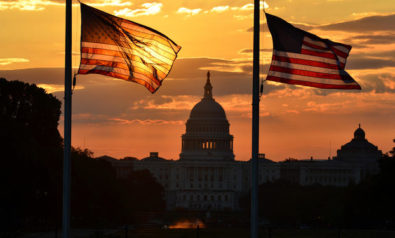
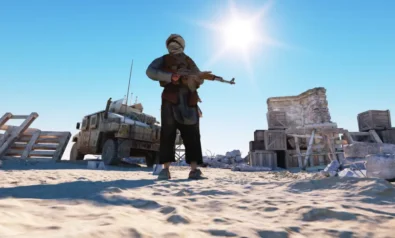
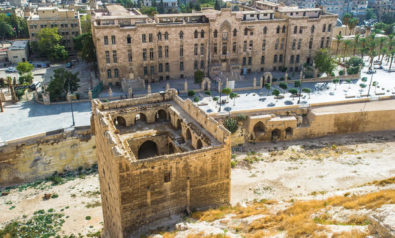
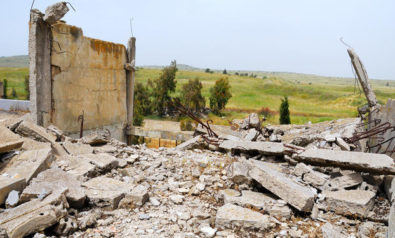



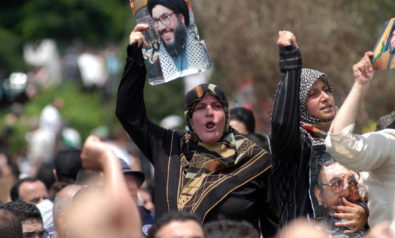




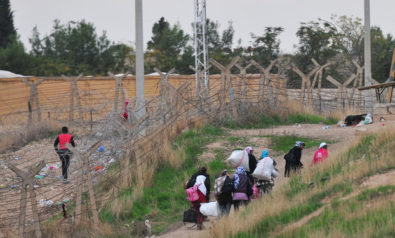
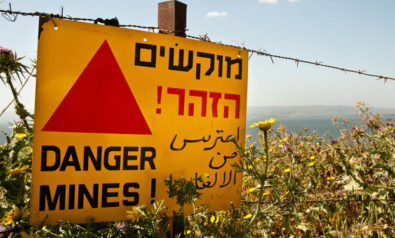
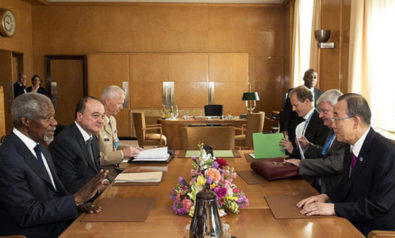
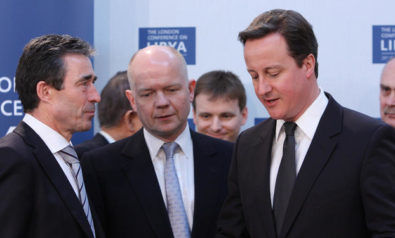
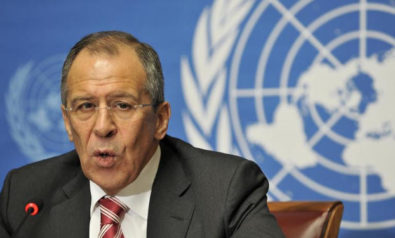

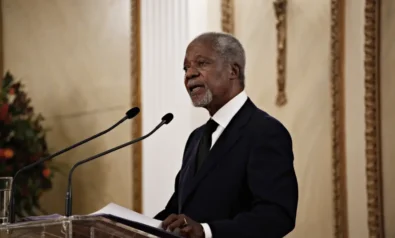
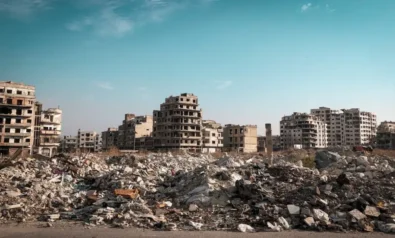
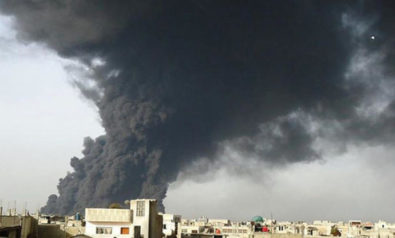

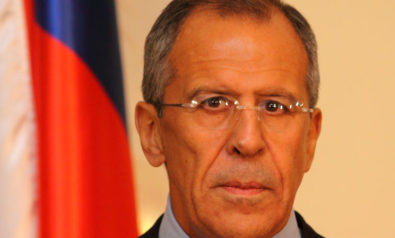
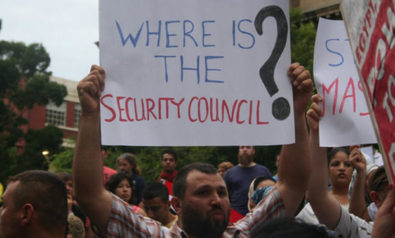
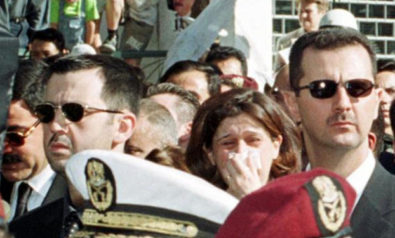


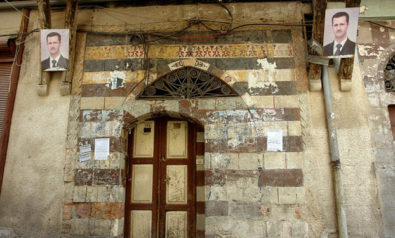

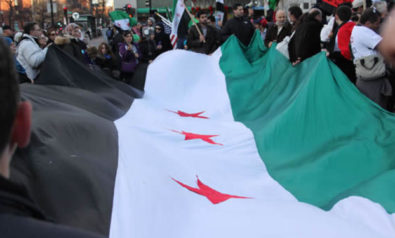

Comment